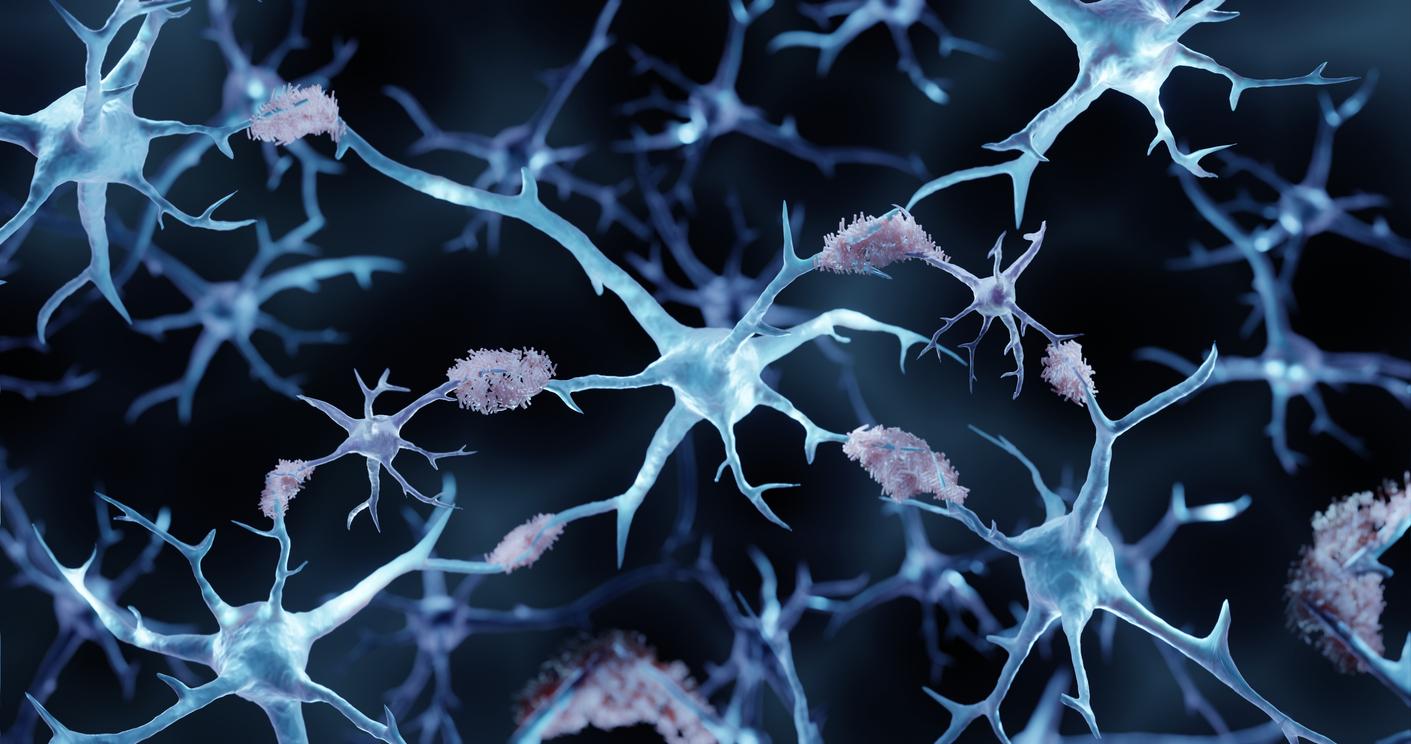A gene would expose people who carry it to a late onset of Alzheimer’s disease.
-1574959022.jpg)
Alzheimer’s disease is the most common cause of dementia worldwide. According to figures from the association France Alzheimer and related diseases, nearly three million people would be directly or indirectly affected by Alzheimer’s disease and one out of two patients would be diagnosed. Although the disease is inherited, various studies conducted so far have not been able to explain the significant genetic influence in late-onset Alzheimer’s disease, which hampers the evolution of treatments and the help those most at risk. So far, even some of the extensive studies have not been able to determine the actual genetic risk of the disease. This gap, which scientists call the “missing heritability” problem, poses a problem for them.
In a study published at the beginning of November in the journal Journal of Neuropathology & Experimental Neurologyresearchers have discovered a new gene that may put its carriers at risk of developing Alzheimer’s disease.
In-depth research through technology
Thanks to advances in sequencing technologies, the researchers undertook a more comprehensive study that allowed them to more accurately identify genetic material that was not available to them in previous genetic studies. In this study, the researchers analyzed the data of more than 10,000 volunteers aged 65 and over, who agreed to have their genetic data evaluated according to their disease state. The main objective of the study was to identify the genetic variation associated with late-onset Alzheimer’s disease.
Early results have uncovered linked genetic variation within a segment of a gene, called Mucin 6, believed to be responsible for the late onset of Alzheimer’s disease. Although the mechanisms responsible for its functioning remain unknown, the results of the study allowed the researchers to formulate credible and testable hypotheses for further studies and subsequently for the evaluation of new therapies. According to the researchers, they have found a biochemical pathway in the brain that represents a potential therapeutic target.
According to Yuriko Katsumata and Peter Nelson, two researchers in the Department of Pathology at the University of Kentucky, “Our findings were made on a group of patients that is relatively small for a genetic study – some recent studies have included hundreds of thousands of topics. This small sample size means two things: first, we need to exercise caution and ensure that the phenomenon can be replicated in other groups. Second, it implies that there is a very large effect of size – genetic variation is strongly associated with disease.”
According to them, the understanding of the mechanism that triggers Alzheimer’s disease is still incomplete, in particular due to the complexity of the human genome and the shortcomings of previous research.
.















